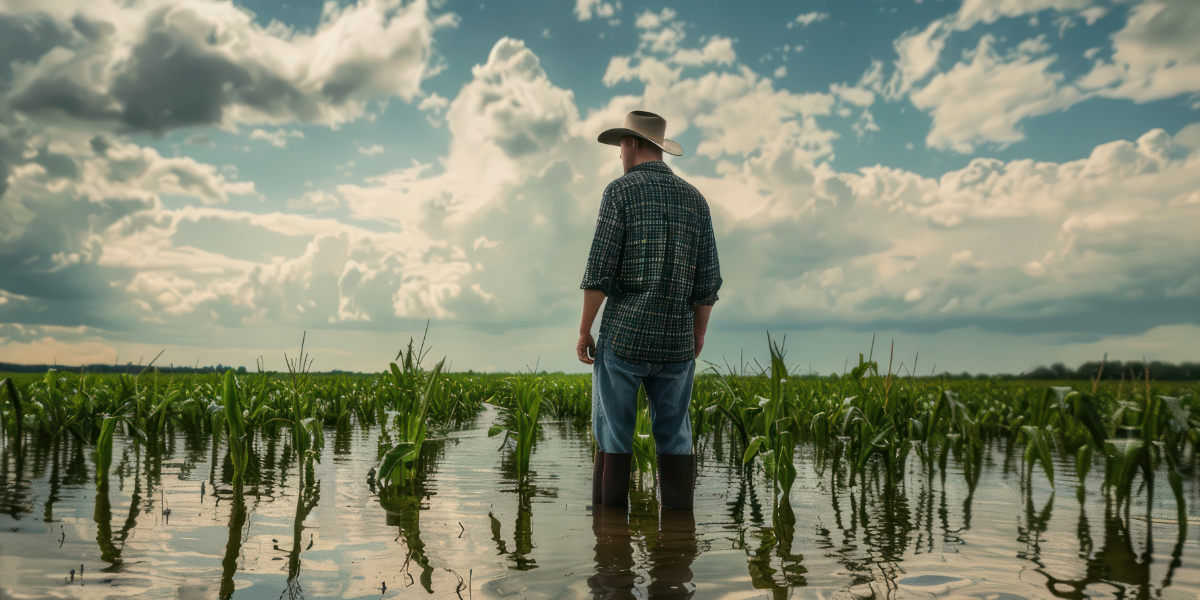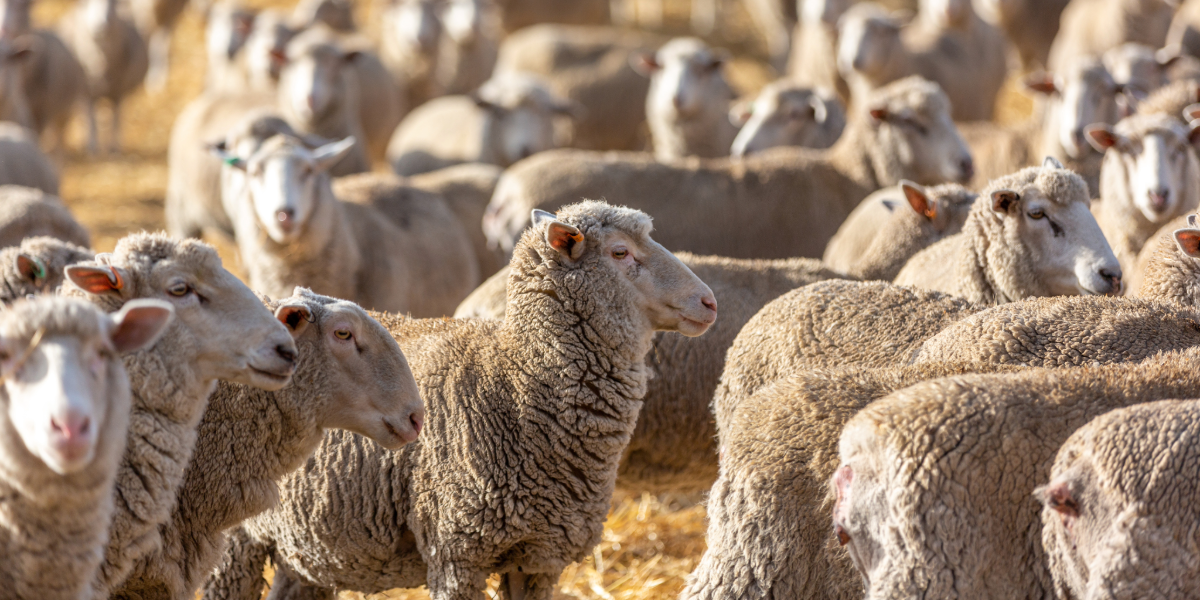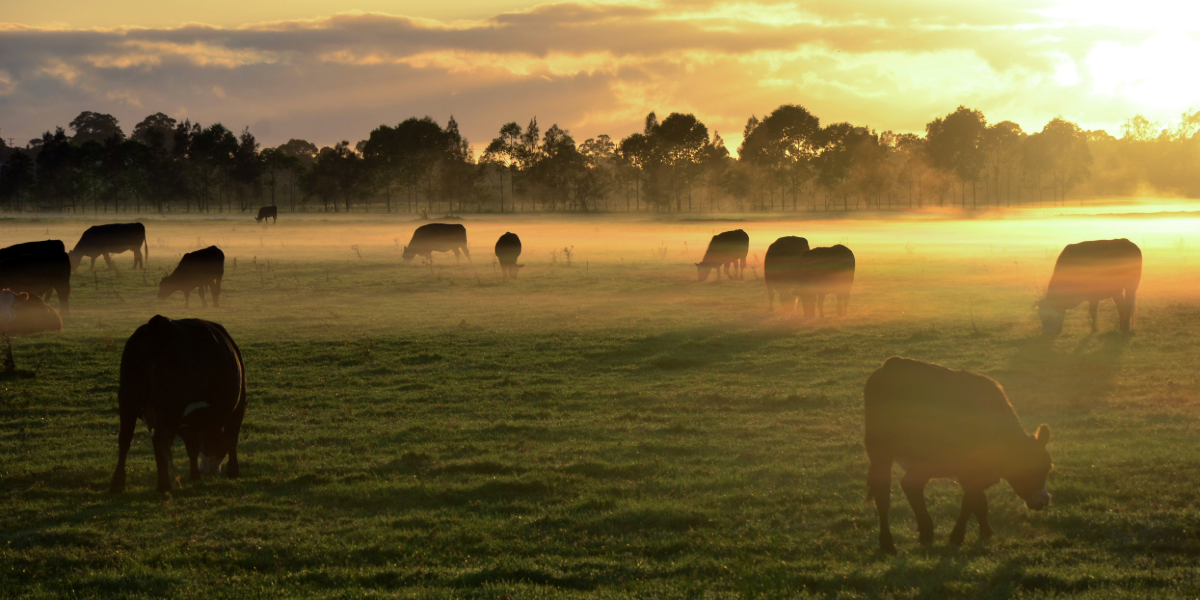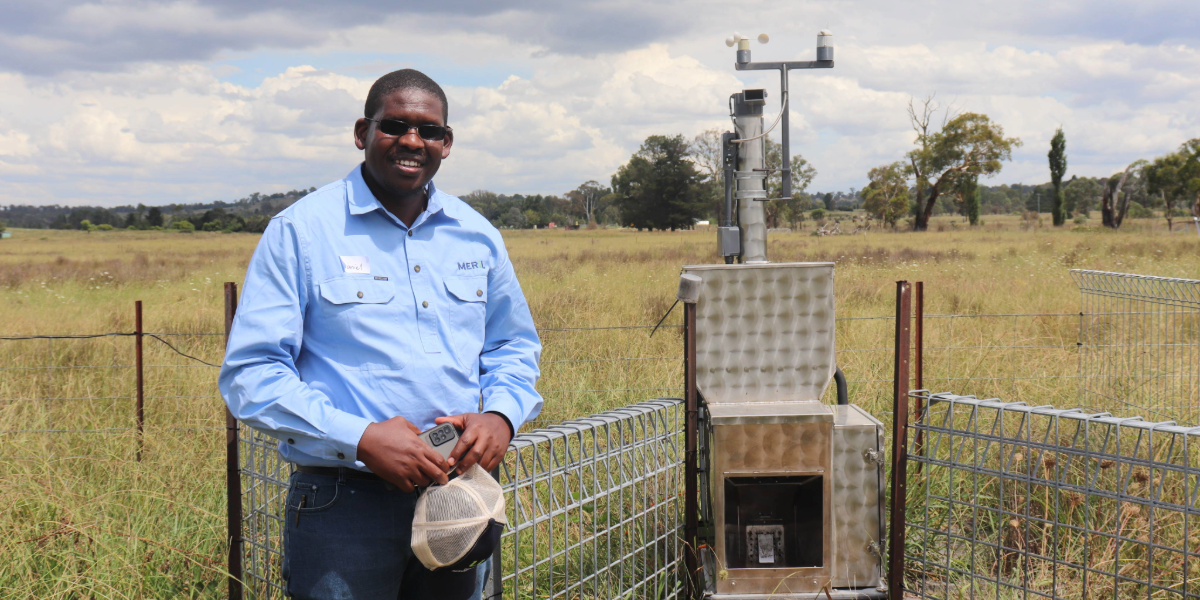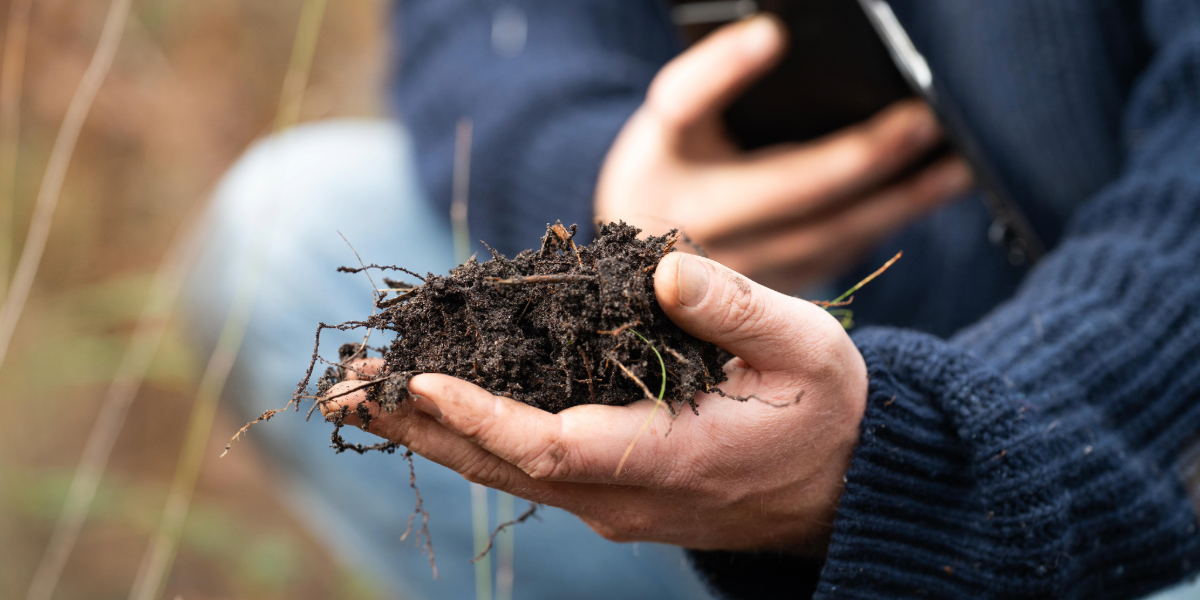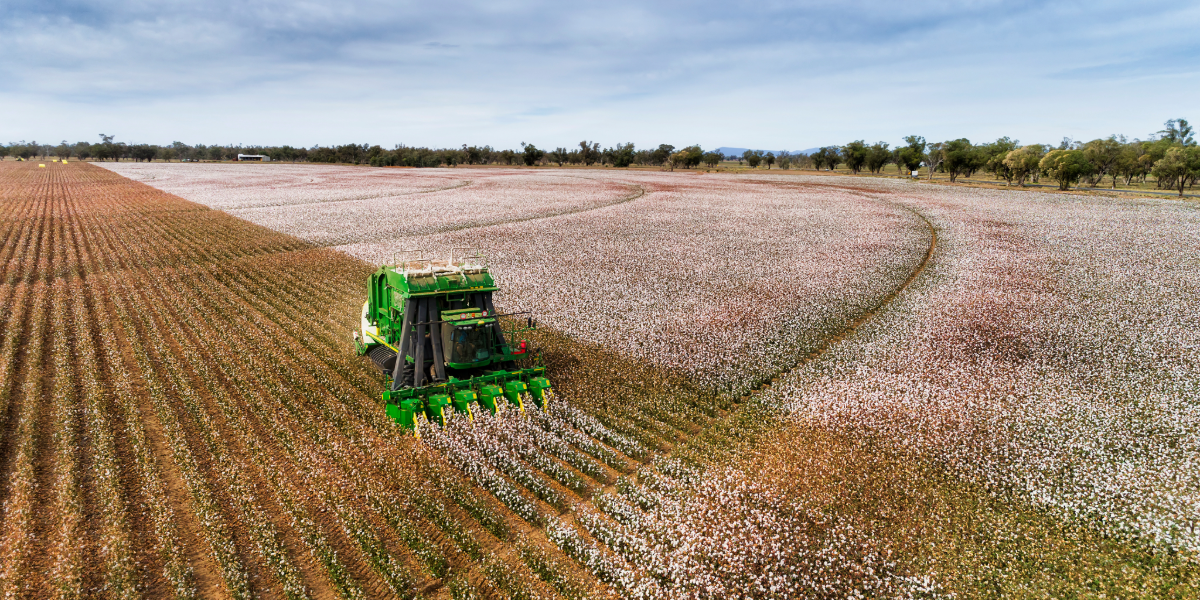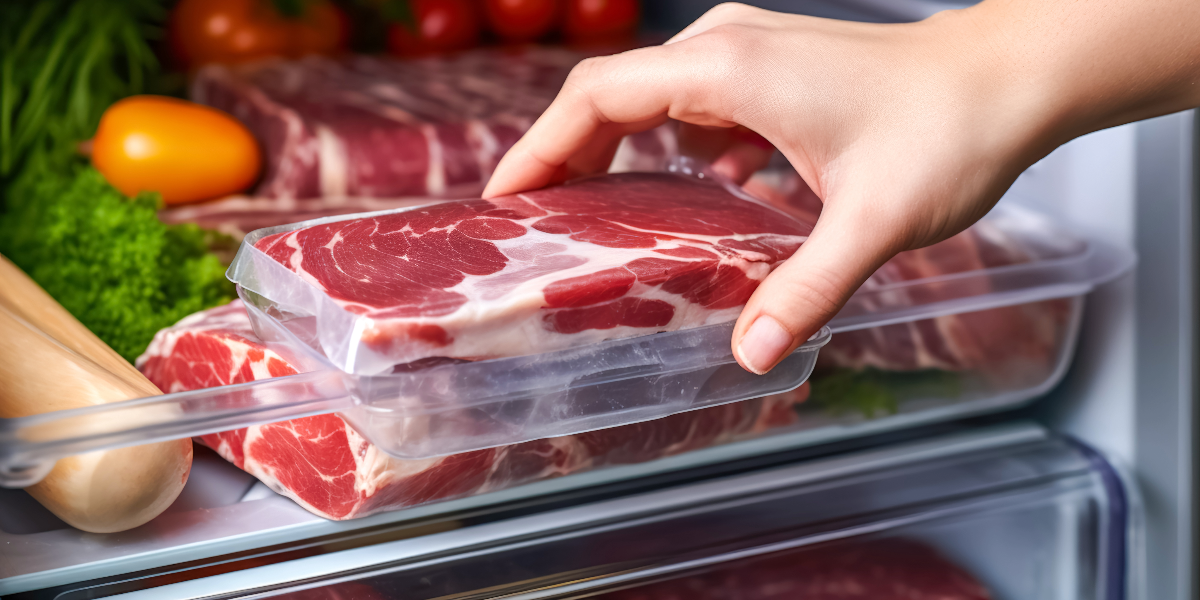The first national survey of farm business succession to be made in 20 years has been launched by a team from the University of New England (UNE), with the aim of improving one of the most challenging aspects of agriculture.
Science and Research
UNE wants to know how to support farmers on the frontline of extreme weather events
Volatile weather around the globe sees Australia experiencing extreme events at an unprecedented rate, and UNE researchers have launched a new survey to find out how it’s affecting farmers.
New England’s sheep geneticists reach milestone
Meat & Livestock Australia’s Sheep Genetics program, led by Armidale researchers, has hit a new milestone with the latest MERINOSELECT analysis reaching 500,000 genotypes – making it the largest genomic […]
MLA and GRDC join forces in $2.1m initiative to support mixed farming businesses
A new $2.1 million, four-year pilot project designed to put more dollars in the pockets of mixed farming businesses
UNE receives $3 million to continue to continue methane reduction research in sheep
UNE has received a $3 million grant to continue work to make low-methane feed additives more accessible to sheep producers.
UNE sport scientists warm up for the waves
UNE scientists have been studying and refining the underrated art of the pre-event warmup
Mushrooms provide elegant solution to achieve carbon sequestration and yield increase
Sessions in Gunnedah and Spring Ridge next week will help farmers determine if adding a soil carbon project will be good for their operations.
Farmer wants a wife… but a daughter-in-law not so much
University of New England researchers have unsparingly laid out the uncomfortable paradox experienced by women who marry into intergenerational family farms.
Cotton growers unpick ways to improve soil health
A research project is trying to unpick ways for cotton growers to improve their environmental credentials by boosting soil health on their farms.
Cold storage research could put a freeze on red meat waste
A new report shows inconsistent fridge temperatures and confusing cold storage advice could be contributing to meat waste in Aussie households.



